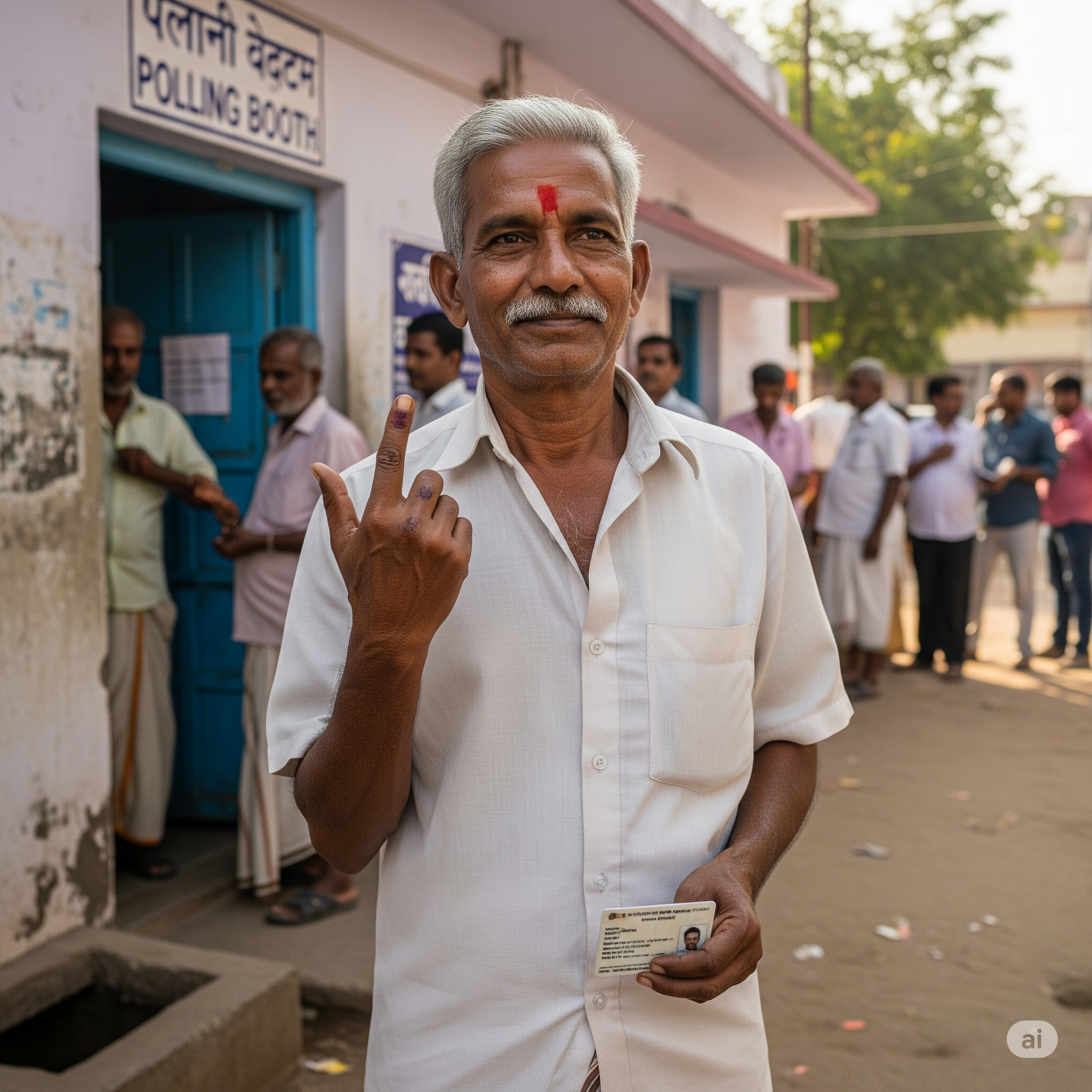As with every country, India has officials, politicians, and citizens who use a lot of phrases and terms while talking about elections. One term that a lot of people tend to grapple with is “SIR”. You might have come across the abbreviation SIR while interacting with election officials, or have come across it in documents during state or general elections. SIR essentially functions as an abbreviation.
In this article, we hope to uncover the meaning of SIR in elections and delve into its meaning while exploring other associated election components.

What is SIR in Elections?
In its literal form, SIR represents Summary of Information of Revision. As the term implies, it comes in handy in the process of revising the electoral roll. Similar to every other document, it is created with a certain purpose as an overview of changes alongside a log of modifications like additions, deletions, and changes while being submitted.
Don’t miss – What is the Nehru Report?
In an attempt to make certain that the list of voters has been changed and updated accurately, this summary document or overview is crucial.
Summary Of Responsibilities Of ECI, India
Election Commission of India (ECI) is a constitutional body created by the Constitution of India. It has been assigned the responsibility of managing elections in India. It is accountable for conducting free and fair elections for Lok Sabha, Rajya Sabha, and the state legislatures.
Every state is also equipped with its own State Election Commission, which controls the conduct of elections for the panchayats and the municipalities. For the purposes of finalizing and authenticating the electoral roll, such commissions frequently consult the SIR document.
SIR in Bihar Election
The SIR in Bihar election, for example, becomes particularly relevant during the voter list revisions and the state assembly elections. Bihar elections SIR document assists local authorities in tracking the completion of voter registration and ensures there are no discrepancies in the electoral roll.
The chief electoral officer of Bihar has a crucial responsibility in managing the election revision process and also consolidating SIR reports from various districts.

Electoral Roll and the 2002 Voter List
The 2002 voter list was among the first in India to be subjected to extensive digitization processes. Subsequently, every updated list, along with modifications from SIRs, has been instrumental in strengthening the integrity and transparency of the voting system. Such historical records are used in resolving disputes and confirming the person’s status or entitlement.
Chief Electoral Officer West Bengal
Similar to Bihar, West Bengal has a dynamic electoral system which is managed by the chief electoral officer West Bengal. The CEO makes sure that all changes submitted by SIR are captured in the updated voter lists.
This function is critical in the election phase because small changes in the voter list can lead to massive voter disenfranchisement.
Election Card Download and Voter Services
Advances in technology have made it possible to access the election card download feature through the National Voters’ Services Portal (NVSP). This enhances ease of access and transparency for voters who wish to confirm their names on the electoral rolls and those who want to access their voter IDs.
26th Chief Election Commissioner of India
Currently, the 26th Chief Election Commissioner of India has the mandate to conduct national level elections and supervise state bodies like Bihar and West Bengal, issuing operational frameworks for these bodies. Their oversight guarantees that the election ecosystem functions in harmony, from SIR compilation to the counting of votes.
